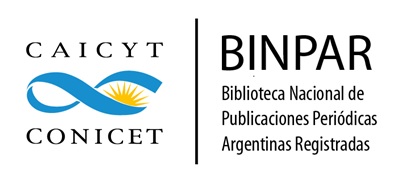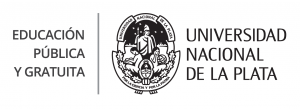Body Cartographies
A Path through Territory for Recognition and Social Transformation
DOI:
https://doi.org/10.24215/18524907e061Keywords:
social transformation, cartographies, bodies, territory, pedagogiesAbstract
The authors suggest that if you want to contribute to an education that promotes social transformation, it is essential to motivate in pedagogical practices self-recognition processes so that students can rediscover themselves from the value of difference to contribute to the collective construction of a more just society. Body cartographies allow to motivate reflection on the value of recognizing the reality of the other, a key aspect to generate different social realities that start more from understanding and not from prejudice, more after living a pandemic.
Downloads
Metrics
References
Alba, S. (2016). Penúltimos días. Mercancías, máquinas y hombres. Madrid, España: Catarata.
Chul Han, B. (2012). La agonía del Eros. Barcelona, España: Herder.
Chul Han, B. (2015). La salvación de lo bello. Barcelona, España: Herder.
Contrera, L. y Cuello, N. (Comps.) (2016). Cuerpos sin patrones. Resistencias desde las geografías desmesuradas de la carne. Ciudad Autónoma de Buenos Aires, Argentina: Madreselva.
Fink, N. y Rosso, L. (2018). Feminismo para jóvenas. Ahora que sí nos ven. Ciudad Autónoma de Buenos Aires, Argentina: Chirimbote.
Gadamer, H. G. (1993). Verdad y método I. Fundamentos de una hermenéutica filosófica. Salamanca, España: Sígueme.
Heidegger, M. (2017) [1951]. ... Poéticamente habita el hombre... (... Dichterisch wohnet der mensch…). Revista de Filosofía, 7(1-2), 77-91. Recuperado de https://revistafilosofia.uchile.cl/index.php/RDF/article/view/44871/46941
Heidegger, M. (1964). ¿Qué significa pensar? Ciudad Autónoma de Buenos Aires, Argentina: Nova.
Heidegger, M. (1994). Conferencias y artículos. Barcelona, España: Ediciones del Serbal.
Hoyos Vásquez, G. (2010). ¿Para qué filosofía?, si «el pensar está en lo seco». Universitas Philosophica, 54(27), 237-249. Recuperado de https://revistas.javeriana.edu.co/index.php/vniphilosophica/article/view/11078
Hoyos Vásquez, G. (2013). Filosofía de la educación. Apuntes de su último seminario de doctorado. Bogotá, Colombia: Siglo del Hombre / Universidad Tecnológica de Pereira.
Le Goff, J. y Truong, N. (2005). Una historia del cuerpo en la Edad Media. Barcelona, España: Paidós.
Nussbaum, M. (2001) [1997]. El cultivo de la humanidad. Santiago de Chile, Chile: Andrés Bello.
Nussbaum, M. (2010). Sin fines de lucro. Por qué la democracia necesita de las humanidades. Bogotá, Colombia: Katz.
Nussbaum, M. (2012). Crear capacidades. Propuesta para el desarrollo humano. Barcelona, España: Paidós.
Nussbaum, M. (2014). Emociones políticas. ¿Por qué el amor es importante para la justicia? Ciudad de México, México: Paidós.
Paz, O. (1987). Árbol adentro. Ciudad de México, México: Seix Barral.
Ponty, M. (1986). El ojo y el espíritu. Barcelona: España: Paidós.
Rincón, O. (2014). Manifiestos incómodos, desobedientes, mutantes. Bogotá, Colombia: Fundación Friedrich Ebert.
Ruiz-Navarro, C. (2019). Las mujeres que luchan se encuentran. Manual de feminismo por latinoamericano. Bogotá, Colombia: Penguin Random House.
San Juan de la Cruz (1578). «Canciones entre el Alma y el Esposo». En Cántico Espiritual. Recuperado de https://bit.ly/3At9ybX
Additional Files
Published
How to Cite
Issue
Section
License
Copyright (c) 2021 María Fernanda Peña Sarmiento, Carlos Eduardo Sanabria Bohórquez

This work is licensed under a Creative Commons Attribution-NonCommercial-ShareAlike 4.0 International License.
The acceptance of an original by the journal implies the non-exclusive transfer of the patrimonial rights of the authors in favor of the publisher, who allows the reuse, after its edition (postprint), under a Creative Commons License Attribution-NonCommercial-ShareAlike 4.0 International.
According to these terms, the material can be shared (copy and redistribute in any medium or format) and adapted (remix, transform and create another work from the material), provided that a) the authorship and the original source of their publication (magazine and URL of the work) are cited, b) is not used for commercial purposes and c) the same terms of the license are maintained.
The assignment of non-exclusive rights implies that after postprint in Revista Argentina de Estudios de Juventud authors may publish their work in any language, media and format; in that case, it is requested that they signal that the material was originally published by this journal.
Assignment also entails the authors’ authorization for the work to be collected by SEDICI, the institutional repository of the Universidad Nacional de La Plata, and for it to be indexed in the databases that the publisher thinks appropriate for enhancing the visibility of the published work and its authors.
In addition, the journal encourages authors to submit their works to other institutional and thematic repositories after their publication in Revista Argentina de Estudios de Juventud, under the assumption that offering society unrestricted access to scientific and academic production contributes to a greater exchange in global knowledge.

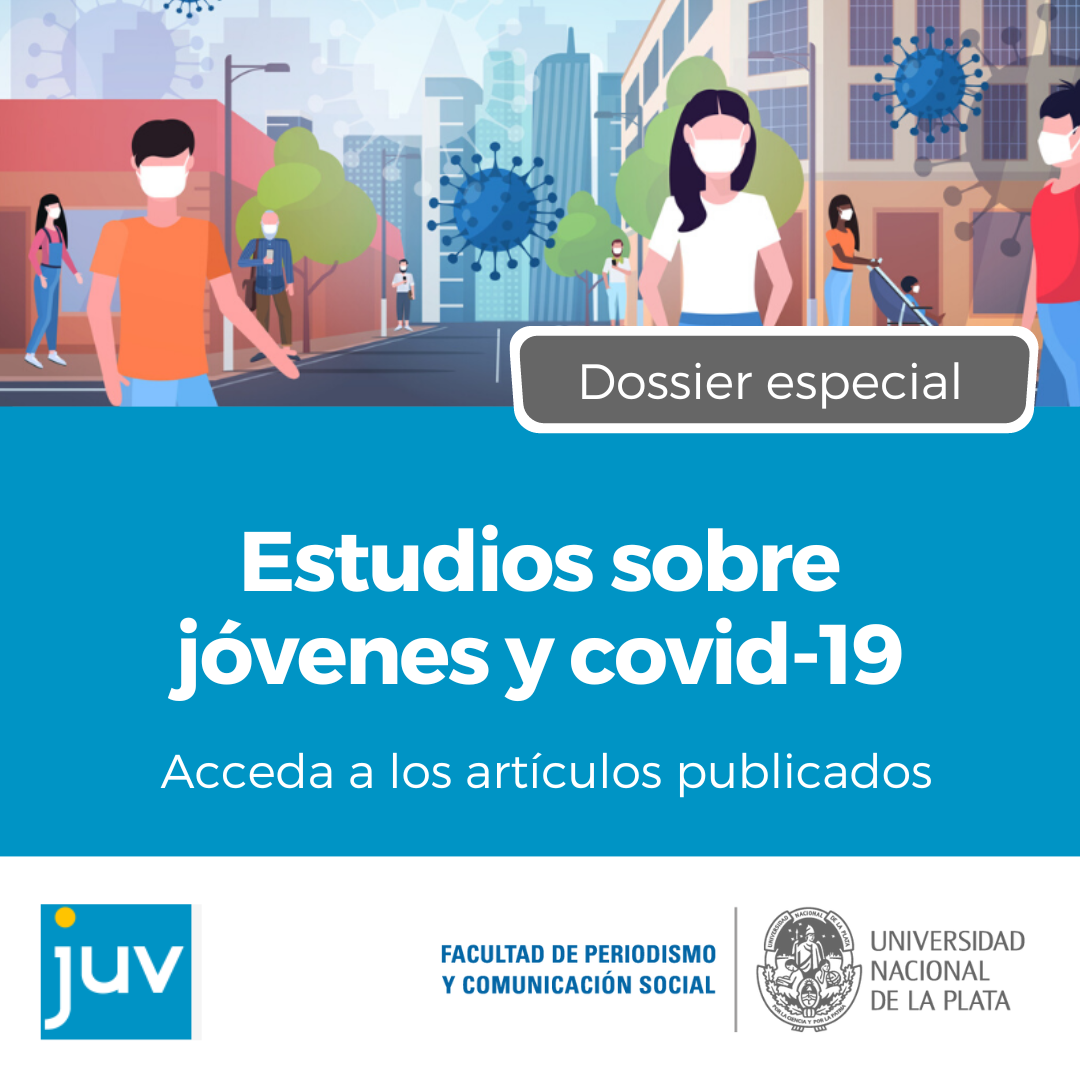




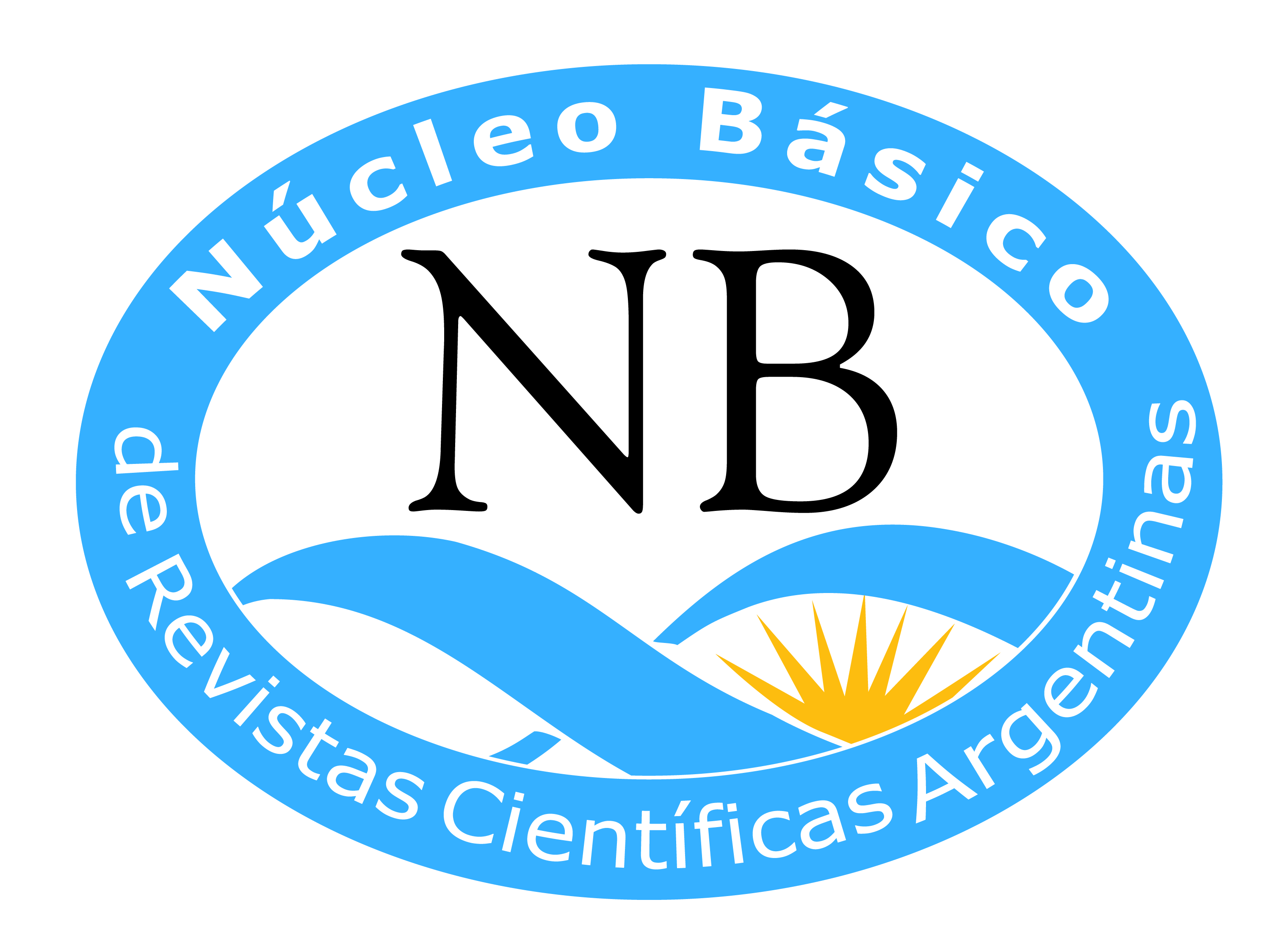
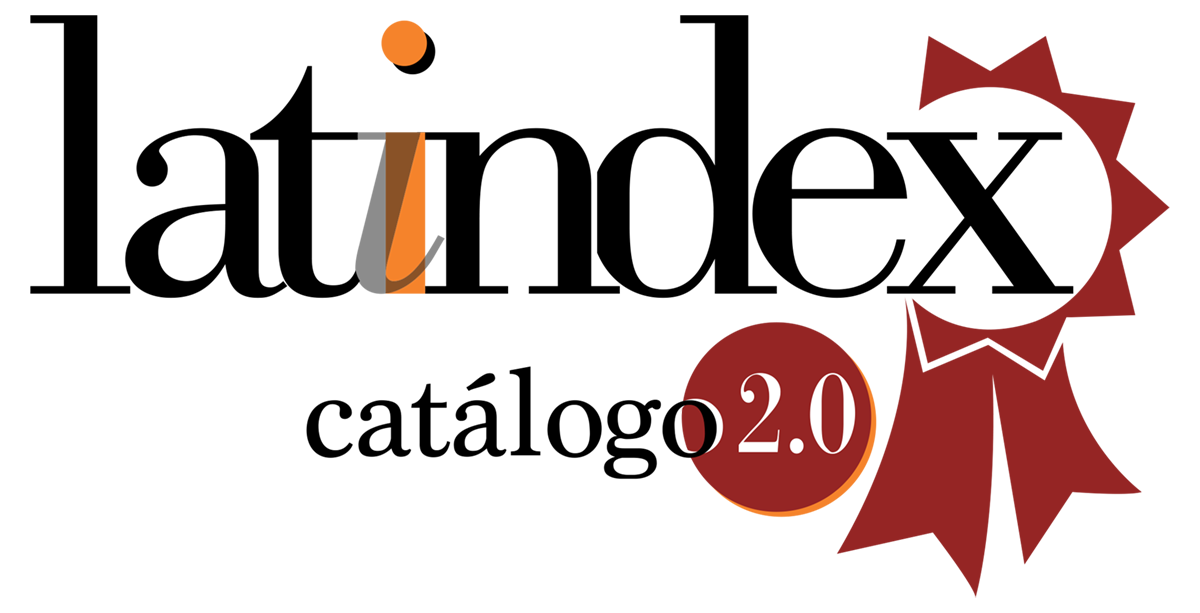

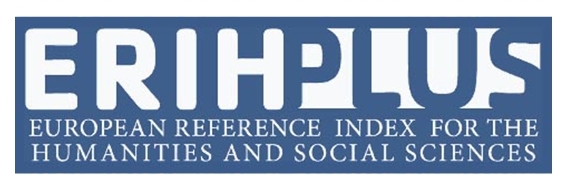



.png)















